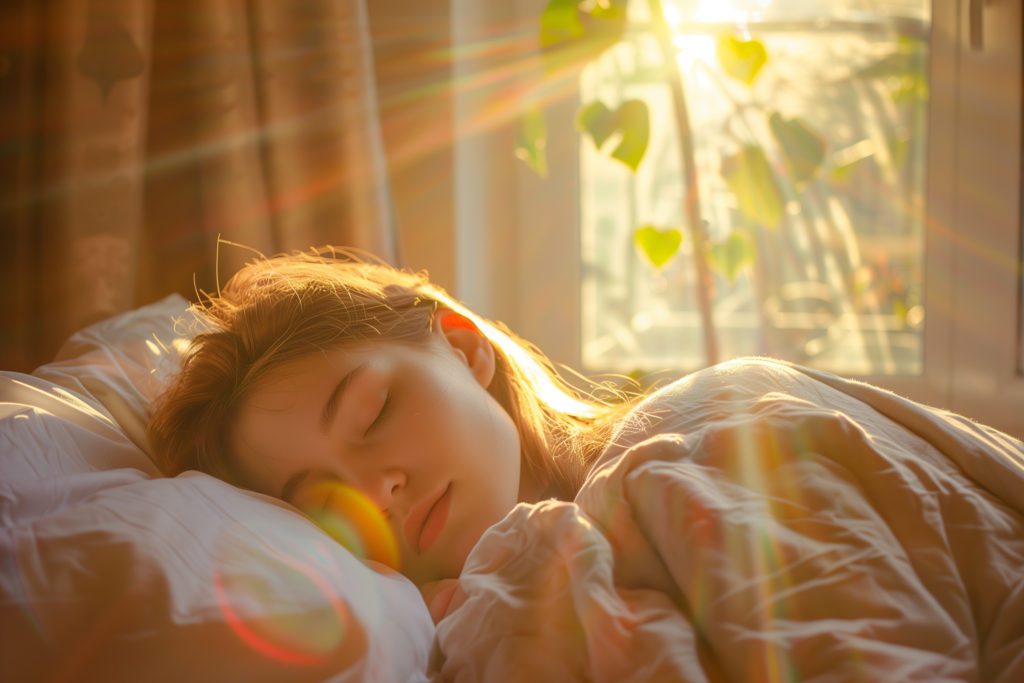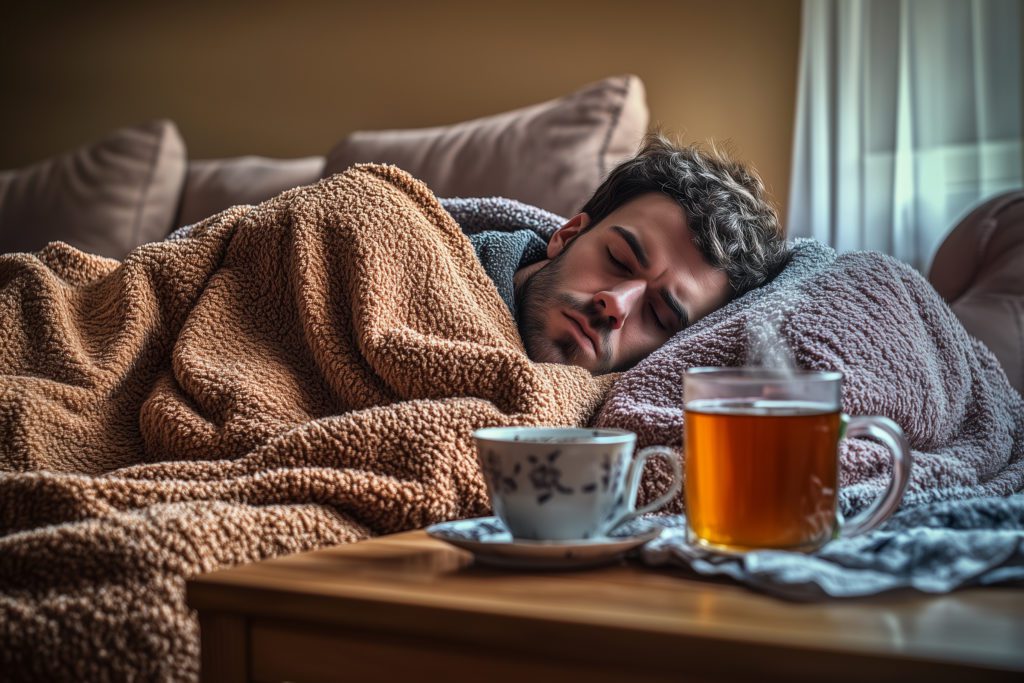
9 Hours Asleep and Still Tired? Here's What Your Body Is Telling You
Ever wondered, "Why do I wake up tired?" Discover the reasons behind morning fatigue and learn how to improve your sleep quality.

Ever wondered, "Why do I wake up tired?" despite clocking in a solid 9 hours of sleep? You're not alone! Many of us have had those mornings where no amount of snooze button smashing seems to help. It's like your bed, and you have this love-hate relationship: you love sleeping in it, but it never loves you back with the energy you need.
In this article, we'll discuss what your body might be trying to tell you. Spoiler alert: it's not just about how long you sleep, but how well you sleep. Grab your favorite pillow, and let's get started!
The Basics of Sleep Cycle
While you sleep, your body goes through different stages. But, broadly, these stages are classified into two: deep sleep and REM sleep. Additionally, based on your brain activity, deep sleep is further divided into different stages.
During the initial light stages, your body just starts experiencing sleep's effects. Then, there comes deep sleep, especially known for healing and repair. Lastly, we have REM (Rapid Eye Movement) sleep, where your brain is as busy as a bee, dreaming and processing information.
It's not enough to just spend time in bed. Your body needs to go through these stages multiple times a night to feel rested. If your sleep cycle gets interrupted, for example, by a bathroom call at 3 am, you might not get enough deep or REM sleep.
Common Reasons for Waking Up Tired
So, you're getting your 8-9 hours but still feeling like a zombie. What gives? Here are some usual suspects:
Poor Sleep Quality
Just like a movie with a terrible plot, the quality of your sleep matters more than the duration. Light, noise, and even the temperature of your room can mess with your sleep quality.
Sleep Disorders
Conditions like sleep apnea, where your breathing stops and starts, can severely disrupt your sleep. Insomnia, the classic inability to fall or stay asleep, also falls into this category.
Stress and Anxiety
Ever had a night where your brain just won't shut up? Stress and anxiety can keep your mind racing faster than a caffeinated squirrel, making it hard to get restful sleep.
Use of Electronic Devices
We all love our late-night Netflix binges, but the blue light from screens can trick your brain into thinking it's daytime. It's like having an annoying friend who keeps flipping the lights on and off while you're trying to sleep.
Are there any Medical Conditions Which Affect Your Sleep Quality?
Sometimes, waking up tired isn't just about sleep habits. Medical conditions can also play a huge role.
The first we have on the list today is chronic fatigue syndrome. It's like your body's permanent "low battery" mode. No matter how much you sleep, you never quite recharge.
Thyroid issues like an overactive or underactive thyroid can affect your sleep patterns. Depression can also make you sleep too much or not at all, and neither is good.
Now, you might be thinking, "Why do I wake up tired if I'm healthy?" Even if you don't have these conditions, they're worth considering if you've ruled out other factors. A visit to the doctor can help pinpoint any underlying issues.
Effect of Lifestyle Factors
We don't usually pay much attention to it, but our lifestyle is by far the most critical factor influencing the quality of our sleep. Our diet and nutrition hold a prime position within our lifestyle. For example, the midnight snack might be comforting, but heavy meals before bed can disrupt your sleep. Think of it as trying to sleep on a full stomach – not the most pleasant experience.
Regular exercise is excellent for sleep, but timing matters. Working out too close to bedtime can leave you too energized to fall asleep.
Tracking your habits with an app like Pillow can give you insights into how these factors impact your sleep. You might discover that your late-night ice cream sessions are the culprit behind your tired mornings.
What Can You Do to Make Your Sleep Hygiene Better?
Want to wake up feeling like you just won a sleep lottery? Here are some tips to improve your sleep quality:
Create a Better Sleep Environment
Your bedroom should be a sleep haven – dark, quiet, and cool. Investing in blackout curtains and a good mattress can make a world of difference. Think of it as creating the ultimate sleep sanctuary.
Establish a Regular Sleep Routine
Going to bed and waking up at the same time every day helps regulate your internal clock. It's like training your body to expect sleep at certain times, making it easier to fall and stay asleep.
Mindfulness and Relaxation Techniques
Activities like meditation or deep-breathing exercises before bed can help calm your mind. Pillow's personalized insights can help you track what works best for you. Maybe you'll find that a warm bath or reading a book before bed does the trick. Whatever it is, make it a part of your nightly ritual.
When to Seek Professional Help?
Sometimes, despite your best efforts, you might still find yourself asking, "Why do I wake up tired?" It could be time to seek professional help. Here's when to consider it.
If you've been struggling with poor sleep for weeks or months, it's a sign that you might need expert advice. Loud snoring, gasping for air, or waking up with a headache could be signs of sleep apnea.
If anxiety, depression, or other mental health issues are affecting your sleep, a therapist or counselor can help you address these underlying problems.
Getting to the bottom of your sleep issues is crucial. After all, good sleep is not just a luxury – it's essential for your overall health and well-being.

Written by
Dr Aqsa
As a Medical Doctor, Dr Aqsa, uses her knowledge to craft complex medical information that is understandable to the general public. For years, she has tried to improve health literacy and empower readers with valuable health knowledge through her articles, blog posts, and educational materials.
Download Pillow
Get help
Press & News
Legal
Connect
X (Twitter)
Company
Copyright © Neybox Digital Ltd.



